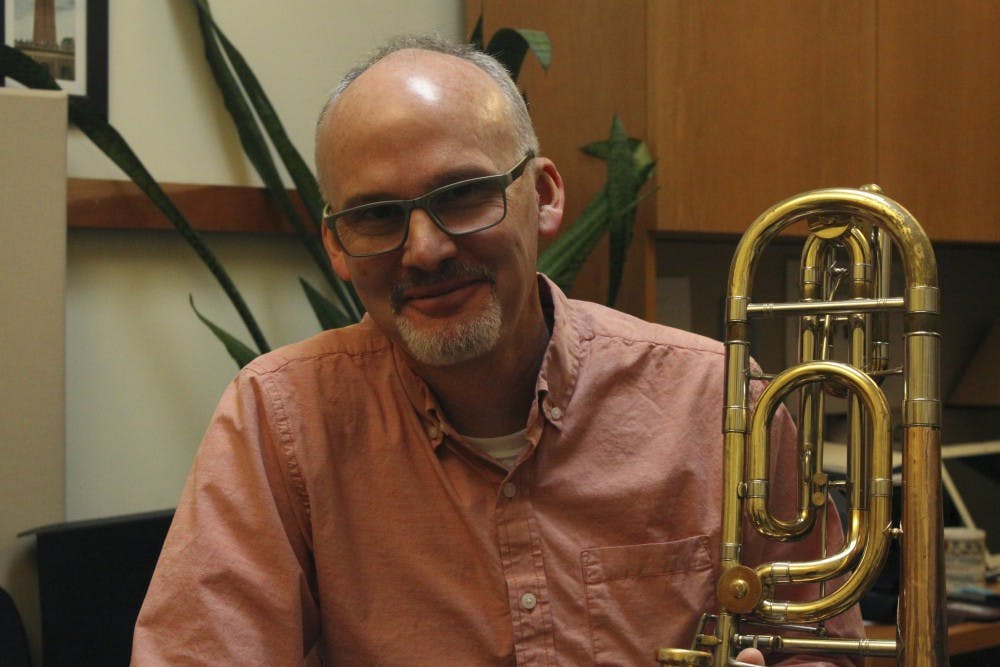The practice of mentoring has had a long and significant presence within the arts, from painters like Michelangelo beginning their careers as apprentices to students seeking guidance from professionals on UNC’s campus. Mentorships have changed greatly and become more diverse over time but are ever-present within the arts community and at UNC.
Having a mentor can be an asset to young college students seeking advice for dilemmas in their lives or when they are uncertain of potential future pathways. Kathryn Stewart Wagner, associate director of Arts Everywhere, said mentors can be a great resource for navigating the world outside of the university setting or could simply be a point of connection for a field one is interested in pursuing.
“I think college can be a time where things tend to be a little bit more insular and contained within the walls of the University,” Wagner said. “I think a mentor serves as an outside connection.”
This is especially relevant to students who are thinking of entering creative fields such as studio art, performance art, music, dance or film. These are all fields that do not always have a great deal of job security after graduation. A September 2018 study shows that among U.S. college graduates, those who major in “miscellaneous fine arts” have an unemployment rate of 9.1 percent, which is the highest of all 162 majors ranked. “Visual and performing arts” have a rate of four percent, taking the 158th spot.
“Resources in the arts are often scarce, so arts organizations are less likely to have formal recruiting processes, particularly for entry and mid-level roles,” said Hannah Ford, a graduate leadership fellow for Carolina Performing Arts. “Your personal network, therefore, becomes a primary recruiting tool. Mentors can play an integral role in helping you build that network.”
Ford also advises students to be curious and to try to put themselves in settings, whether they are clubs, classes or organizations, where they can reach out to potential mentors for informational interviews. She said to remember to come to interviews prepared with questions because it demonstrates respect for their time and allows potential mentors to be able to guide more intentionally.
Frank Tincher, a music and computer science major, said that having his trombone professor, Michael Kris, as a mentor has been essential to him as an art major. He said it is an advantage that he now knows how to take on the business of music, including writing music, playing instruments and auditioning.
“Specifically with the arts, a lot of people have this misconception that it’s really subjective, and that’s true to a certain extent, but there’s also a lot of technical stuff,” Tincher said. “I think specifically in the arts, it’s really important to have somebody telling you what’s right and what’s wrong.”
Kris said he feels privileged to be able to work one-on-one with students and provide them with insight into a career in music. He said the applied teaching model of music allows for strong interpersonal relationships, which can have a large impact on both the mentor and mentee.



